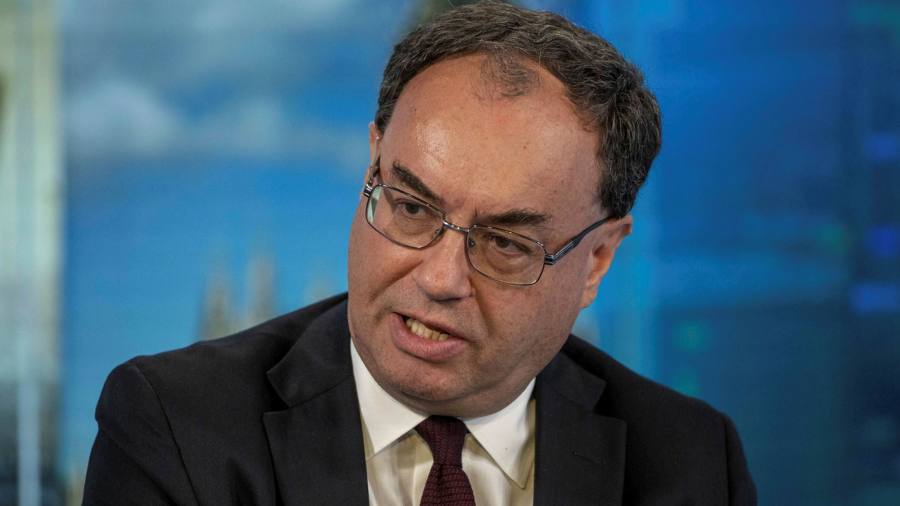[ad_1]
Bank of England governor Andrew Bailey has been accused of misrepresenting his reasons for asking not to be named in a highly critical report of his handling of a £236m investment scandal.
Dame Elizabeth Gloster, the former Court of Appeal judge who wrote the report on the 2019 collapse of London Capital & Finance, said on Tuesday she had to “reject†and “disagree†with Bailey’s explanation to a committee of MPs of his attempts to have his name removed.
A day earlier, Bailey had appeared before the Treasury select committee to answer questions about his response to the Gloster report, which addressed his role as head of the Financial Conduct Authority when LCF went bust in 2019 and 11,000 investors lost money.
He told the committee he was “angry†that Gloster had suggested he had made legal representations to stop personal responsibility for FCA failings being attributed to him by name. Bailey insisted his lawyer had been responding to Gloster’s “very different†draft report — not the final version — which talked about “personal culpability†as opposed to overall responsibility.
“I’m probably sounding quite angry now and I am,†Bailey told MPs. “The representation was never made in that context. I am perfectly happy with points on responsibility because I am responsible.â€Â
But in a strongly worded letter to the committee, Gloster, who appeared before its MPs on February 1, hit back at the current BoE governor, and disclosed extracts from his lawyer’s representations that appeared to show he had tried to prevent his name being mentioned in connection with “responsibilityâ€.
Gloster wrote: “To the extent that Mr Bailey’s evidence was that his representations to me were limited to requesting a distinction between personal culpability and responsibility . . . I must disagree.†She added: “I also reject his suggestion that there has been a “fundamental misunderstanding†on this issue.
She directly quoted part of Bailey’s legal representation which suggested her report should “delete the reference to ‘responsibility’ resting with specific identified/identifiable individuals, whether the Executive Directors of Supervision or Mr Baileyâ€.
She also cited Bailey’s lawyer’s argument that “no benefit arises . . . by [sic] the attribution of responsibility to particular individuals — whether Mr Bailey or the Executive Directors of Supervision. This is a freestanding reason for the removal of the references to Mr Bailey’s responsibility.â€
Bailey’s BoE spokesperson said: “At no point was his intention to imply he did not take full responsibility . . . he fully accepts responsibility for everything that occurred during his time at the FCA and welcomed the opportunity yesterday to reiterate that, and his apology to bondholders.Â
“As the governor said yesterday, Dame Elizabeth and he disagree on points of process and some of her conclusions but he fully respects her independence.â€
LCF collapsed into administration in January 2019 having marketed high-risk, unregulated mini-bond investments direct to private investors for some years. Bailey’s involvement in the supervision of the firm was examined by the Gloster report because he was head of the FCA from 2016 to 2020.
He had told MPs that he did not personally have knowledge of the problems at LCF until it went into administration, and blamed the FCA’s failure to act quickly enough on structural flaws in the organisation. He claimed that Gloster herself had said that “the machine was brokenâ€.
But in her letter to the committee, Gloster pointed out that those were Bailey’s own words. “I think he may have inadvertently suggested that it was I who referred to the FCA as a ‘broken machine’,†she wrote. “My report does use the term ‘broken machine’ in paragraph 4.1 of Chapter 8. However, as the relevant footnote explains, this was a comment made by Mr Bailey in an interview on 28 August 2020 to describe the state of the FCA when he joined.â€
[ad_2]
Source link





